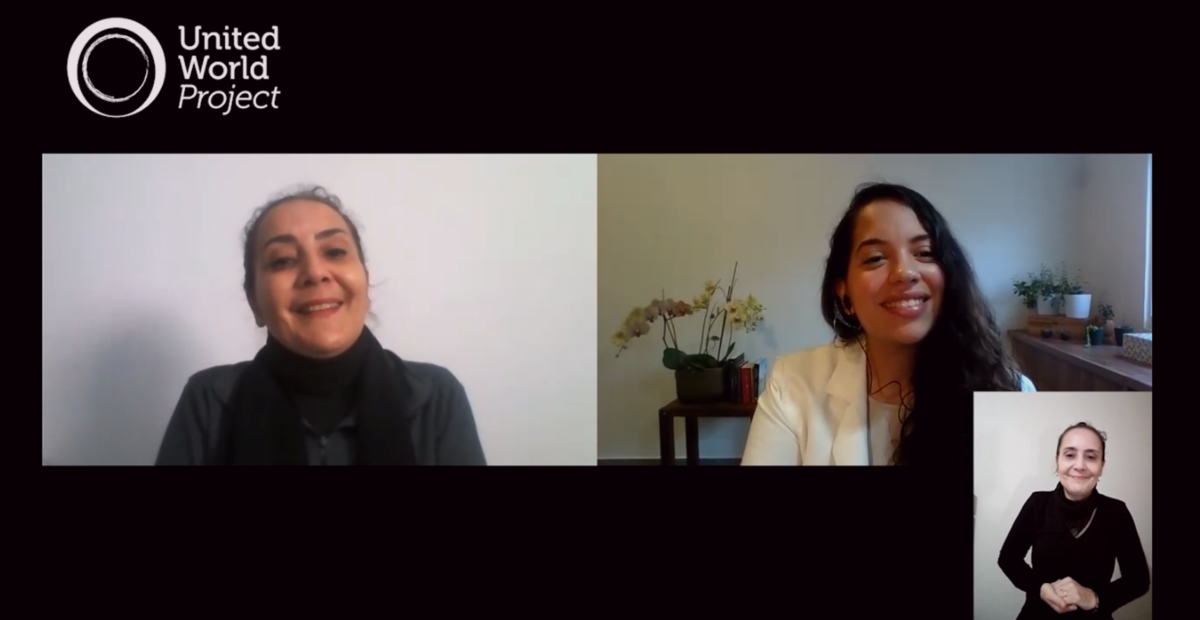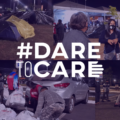
Workshop
Maria Elizabeth, Felipe and the Braillewriter

The Coronavirus pandemic has brought so many changes and challenges: social distancing, smart working, online education, the need to spend a lot of time at home. These were just some of the effects of the protective measures that much of the world’s population began to take to protect themselves from COVID-19. Certainly, readjusting to the new routine of study or work has not been easy, but thanks to software, applications, and the many means of virtual communication, it has been possible to keep many of our daily activities uninterrupted.
What about people with disabilities, such as the deaf or blind, who depend on accessibility to work and study, how did they do? As you can imagine, their challenge was even greater because many of the technologies we use on a daily basis, such as those for studying or working remotely, are not yet accessible.
And it is on this topic that Luísa Rodrigues makes us reflect, in her video interview with Maria Elizabeth, teacher and guide-interpreter for the blind or deaf-blind, from Maringá, Brazil. Maria Elizabeth tells us about the challenges that the Pandemic has brought to people with disabilities. In particular, her experience of solidarity made with one of her deaf-blind students, Felipe, 14 years old who, since 2018, can no longer read and write due to a neurodegenerative syndrome.






